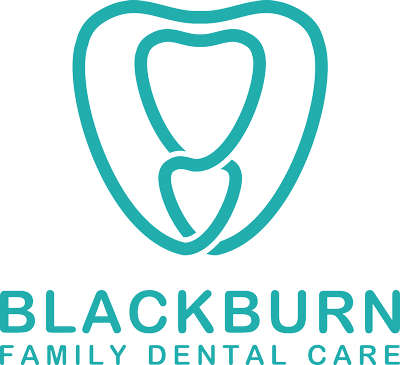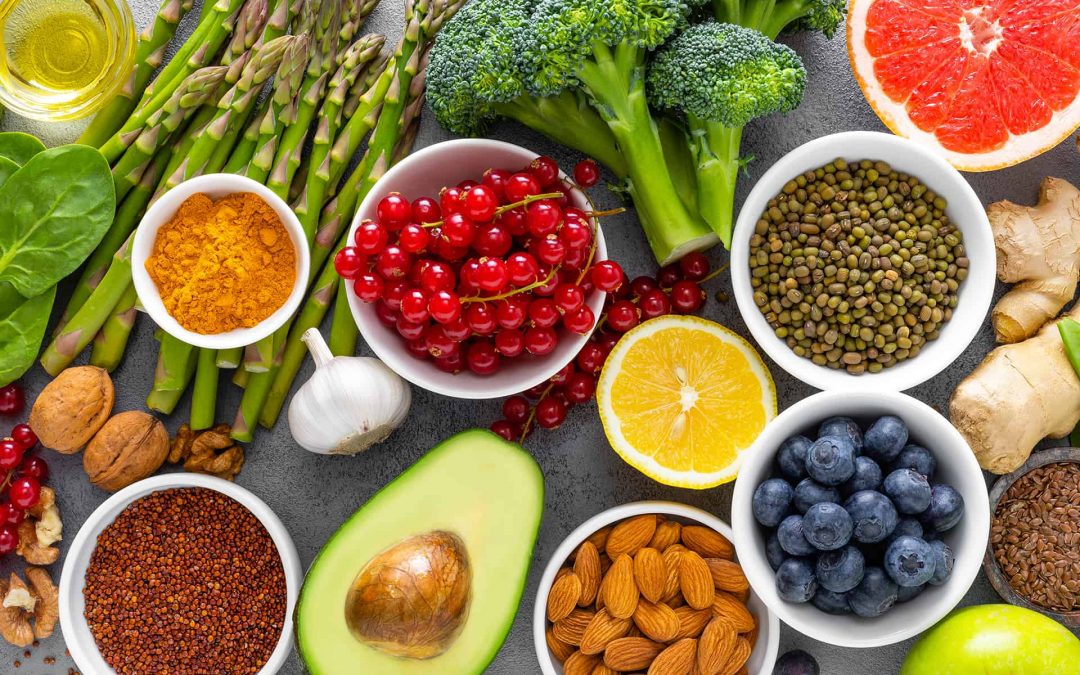Did you know that the difference between a healthy smile and frequent visits to the dentist has a lot to do with your diet? Your oral health often declines when you have a less than ideal diet and needs to go beyond daily efforts of flossing and brushing to be kept to a high standard. Effective dental care requires eating a variety of nutrient-rich foods to promote and maintain healthy teeth and gums. The benefits of a healthy and balanced diet are numerous – including lowering your risk to disease, increased immunity, and more affordable dental care.
So, what should you be consuming for optimum oral and overall health?
1. Water
We are all aware of the vital role water plays in our health, but staying hydrated is also important to dental care. Water is responsible for cleansing your mouth, serving to regulate the acidity left behind from plaque, food, and beverages. A simple glass of water can wash away residue that might cause stains, reduce bacteria that can cause bad breath, and protect your tooth enamel. We strongly recommend drinking tap water, as this has been fluoridated. The topical fluoride effect of ingesting fluoridated water will also help strengthen the surface minerals on your teeth.
Try substituting sugary drinks or acidic drinks for unsweetened tea like black and green teas. Other than being a soothing beverage that can calm nerves, teas are also rich in plaque-fighting components like polyphenols and fluoride. If you can, stay away from common acidic drinks like soft drinks, cordial, wine, beer, whiskey, sports drinks, and citrus juice.
2. Dairy
Low in sugar and containing plenty of calcium that promotes the replacement of lost minerals in your jawbones and teeth, cheese, yoghurt, and milk are considered some of the best foods for a healthy smile. Dairy also encourages the production of saliva, which helps to clean and wash away plaque-causing bacteria and food particles. High in calcium and phosphate, these dairy products also balance pH levels in the mouth which helps to preserve tooth enamel and fight tooth decay in the long run.
3. Fruits and vegetables
Eating fruits and leafy greens is not just a recommendation from your doctor. Your dentist would most likely offer the same oral health tip. Considered as the necessary building block of every healthy diet that benefits the entire body, fruits and vegetables contain essential nutrients (e.g. vitamin B, folic acid, calcium, fibre, etc.) that help in long-term dental care. Crunchy fibrous vegetables and fruits help clean your gums and teeth and increase salivation, which then neutralises the citric and malic acids left behind in your mouth. Some examples of recommended leafy greens and fruits are apples, carrots, celery, pears, kales, broccoli, lettuce, and spinach. Citrus fruits are more acidic and may cause acidic related damage to teeth if consumed too frequently.
If you have a sweet tooth, instead of opting for sugary treats that would increase your risk of cavities and tooth decay, try swapping them out for apples that would satisfy your sweet cravings, while offering you lots of vitamins and fibre.
4. Fish, eggs, poultry and meat
High in protein, calcium, and phosphorus, these nutrients help build and repair worn-out tissues and balance pH levels in the mouth; without them this could elevate the growth of cavity-causing bacteria and also increases the mineral loss of tooth structure. According to a study done by Michigan and Newcastle university, red meat also contains an amino acid called arginine which helps the mouth break down bacterial biofilm that can lead to dental plaque.
But how much meat consumption is too much? The Australian Dietary Guidelines recommend 1–3 servings of lean meat, poultry, fish, and eggs every day and 3-4 servings during pregnancy.
5. Vitamin C rich-food
Fruits high in vitamin C (e.g. strawberries, grapefruit, apples, kiwis, limes, cranberries, oranges, etc.) are not just beneficial to your body’s cells, but also crucial to the health of gum tissue. This is why patients who are prone to gum disease tend to be vitamin C deficient. Along with their ability to fight acid-generating bacteria, these foods help boost your immune system and hence are helpful in treating or preventing gum disease.
6. Foods rich in antioxidants
Antioxidants help strengthen the immune cells that help fight gum disease as well as reducing the risk of dental caries. Common foods rich in antioxidants are: spinach, berries, kidney beans, turmeric, ginger, pecans, and dark chocolate.
Foods to avoid
Apart from the obvious sugary foods, it may be surprising for some to learn that even certain types of carbohydrates are not so good for teeth. Foods such as breads, biscuits, pasta, pizza, and potato chips can form a sticky residue which basically acts as a reservoir for pathogenic bacteria. Hence the importance of good oral hygiene after meals, as prompt cleaning will reduce the amount of time spent for decay-inducing bacteria to “snack” on the carbs, which they use to produce acids that eventually damage your teeth.
On the topic of snacking, we have grown accustomed to this habit especially during pandemic times; however, it is also very bad for your teeth. The frequency of snacking basically increases the availability of substrate or food for decay-inducing bacteria to metabolise into acids which in turn damage your teeth.
Looking for general and cosmetic dentistry assistance? We at Blackburn Family Dental Care are here to help you achieve a healthy smile and overall oral health. Our services are provided by accredited professionals with extensive experience who are able to handle any dental procedures or oral concerns you may have. For more than 60 years, we have provided services ranging from teeth straightening and root canal procedures to crowns, implants, and bridges. Our reputable credentials, affordability, and wide range of private health coverage have established us as a preferred family dental clinic practice in Melbourne’s Eastern suburbs. Get in touch with our friendly team today!

